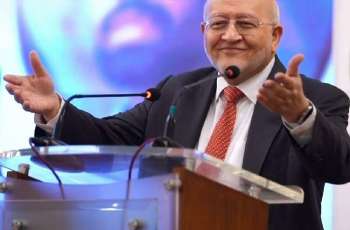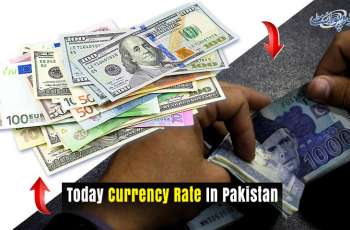MOSCOW (Pakistan Point News / Sputnik - 12th October, 2020) Lebanon is likely to extract "billions of dollars" worth of oil and gas from the deposits located under the seabed of the area the country is disputing with neighboring Israel, Lebanese Economic and Social Council General Director Mohammad Seifeddine told Sputnik, adding that there is no way, however, to name specific amount of fossil fuel deposits until a border-demarcation agreement is reached.
As stated by Speaker of the Lebanese Parliament Nabih Berri in a press conference earlier this month, Lebanon and Israel plan to hold negotiations to demarcate the maritime boundaries between the two Mediterranean countries and resolve the dispute at hand, allowing Lebanon to initiate the necessary steps to being the extraction of oil and gas off its southern coast.
"We expect to extract billions of [US] Dollars' worth [of oil and gas]," Seifeddine commented.
Located in Block 9 off the country's southern coast, the oil and gas deposits in question are presently off-limits to the companies working on extracting Lebanon's oil and gas reserves in light of the standing maritime boundary dispute with neighboring Israel, which makes it hard to assess the precise volume of fossil fuels that may be extracted.
"If large deposits have been discovered by the extensive steps undertaken [by the Israeli side], it would be logical to assume that the quantities [of oil and gas] in Lebanon's section would be quite large as well. The matter rests on an agreement on the subject matter, so that companies will be able to determine the quantities in a precise manner," said Seifeddine.
The official stressed the importance of exploratory drilling in ascertaining the exact quantities of oil and gas available in Block 9, highlighting the Total-led consortium's experience in Block 4 off the country's northern coast, where the oil and gas deposits identified by previously conducted seismic surveys proved not to be commercially viable.



